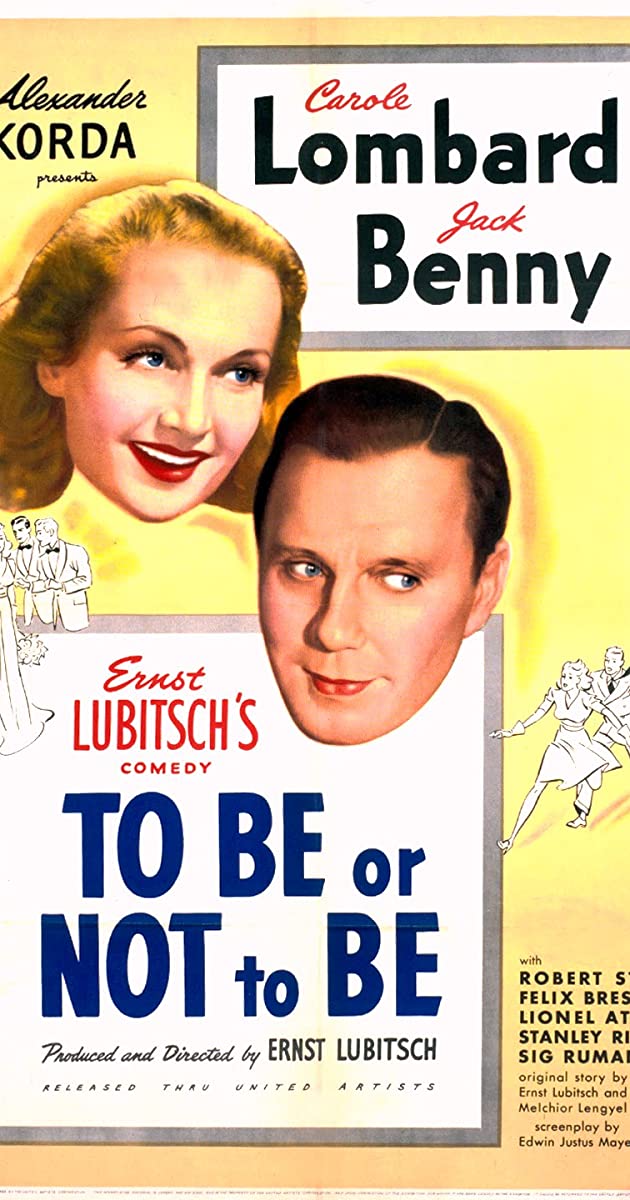




With his lanky frame, big nose, toothbrush moustache and horn-rimmed glasses he looked like someone had decided to cross Groucho Marx with Albert Einstein. The perennial scene-stealer Felix Bressart had two distinct careers as a comic actor: an earlier one, on stage and screen in his native Germany, and a later -- even more prosperous one -- in Hollywood. Trained under Maria Moissi in Berlin, Felix began acting professionally after World War I. He honed his skills in the genres of political parody, musical comedy and slapstick farce in the theatres of Hamburg, Berlin and Vienna (with Max Reinhardt). By 1933, he had established his film acting credentials in popular mainstream movies like Die Drei von der Tankstelle (1930) and Die Privatsekretärin (1931). Like so many other distinguished actors he was forced to leave the German realm after the Nazis took power in 1933. Felix moved via Switzerland and France to a new domicile in the United States where his connections to fellow émigrés like Joe Pasternak and Ernst Lubitsch guaranteed him rapid and steady employment. In Hollywood, Felix joined the regular company of stock players at MGM. He was immediately typecast, his stock-in-trade being disheveled academics, wistful European philosophers, scientists and music professors of diverse ethnicity. His first major screen success was as one of the Russian commissars in Lubitsch's Ninotschka (1939), a delightful performance which spawned as similar part being created for him in Comrade X (1940). The role which ultimately defined his career, in equal parts comedy and pathos, was in the classic wartime satire Sein oder Nichtsein (1942), as Greenberg, a Jewish member of an acting troupe with Carole Lombard and Jack Benny. It seemed, that Felix was still underemployed in films, since he managed to practise as a doctor of medicine on the side. Sadly, he died of leukemia in 1949 at the untimely age of 57. - IMDb Mini Biography By: I.S.Mowis

مایل به دریافت آخرین اطلاعیه های سایت؟
